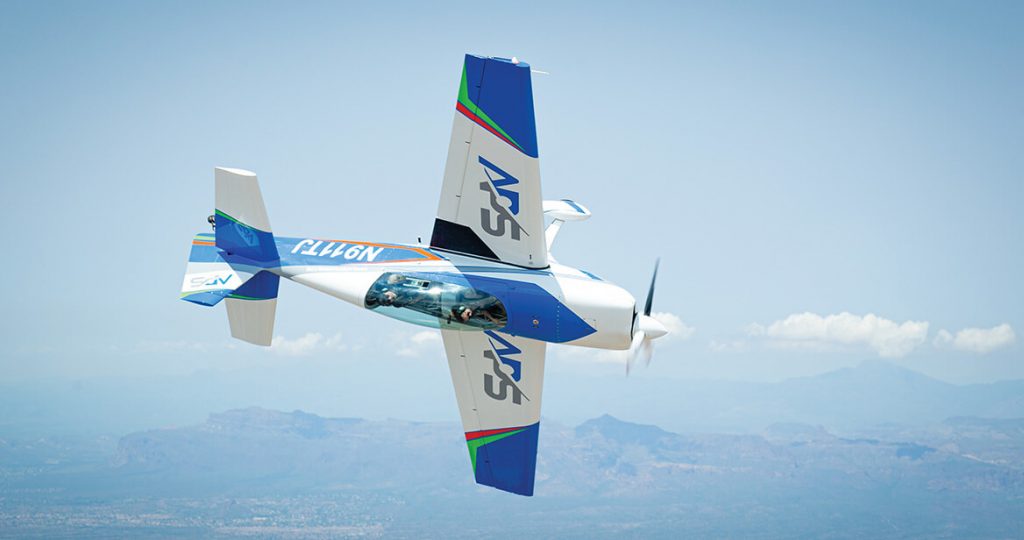
Leading advocates of the now mandated training that teaches pilots how to prevent aircraft stalls say the techniques are more vital than ever due to COVID rustiness.
Shane Tobin, who co-founded an Upset Prevention and Recovery Training (UPRT) centre, said furloughs and retirements meant those in the cockpit can’t be expected to get back to pre-pandemic flying abilities “for quite some time”.
Qantas pilot Tobin and his business partner Jeremy Miller made the comments while speaking to Australian Aviation in a recent podcast episode, which you can listen to above.
UPRT is a combination of theoretical and practical training to provide pilots with skills to prevent and recover from aircraft upsets which can lead to a loss of control in flight – the number one aviation killer.
CASA mandated UPRT for all aircraft operators seating 30 people or more from 31 March 2022, after almost a decade of research into the training.
“During COVID, there was a loss of experience of pilots who were furloughed, [who] retired out of the blue, and there was also a significant lack of recency within pilots,” Tobin said.
“They’re not back, and they won’t be back to the operational level where they were for quite some time.
“So, understanding about what UPRT is, and the focus that we put on the non-technical skills or human factors becomes even more important [for a] pilot understanding where their personal envelope is and operating accordingly to prevent that loss of control in flight.”
Ideally, pilots are trained how to prevent an upset all together, but when one occurs, a pilot’s natural response is to be shocked, and startled. UPRT is to take the training a step further, by teaching pilots how to manage their emotions while recovering the aircraft.
Tobin said that the training is also more vital now as airlines begin extensive recruitment processes as travel returns to normal.
He said that larger airlines are recruiting less experienced pilots from general aviation or regional carriers, to mitigate the loss of available crew.
“They’re being put into more higher performance machines that they otherwise wouldn’t be flying at the same experience level, say five years ago,” Tobin said.
“So, UPRT now is more important than ever, because the pilots just don’t have that bucket of experience that they have to rely on, to be able to make the decisions and use to get them through on a day-to-day basis.”
Jeremy Miller, who is a veteran aerobatic flight trainer, said the issue also lies with recreational pilots.
“Because of lockdowns and the impact that COVID has had, they don’t have the means of training like the airlines do to get back up to speed … so they’re kind of doing it themselves,” he said.
Miller said he expects more accidents to emerge as pilots begin flying again, and this training will be crucial in reducing the risk of loss of control in flight.
While CASA has made moves to establish UPRT in Australia, Tobin and Miller claim the mandate neglects GA and recreational pilots, where more accidents happen.















